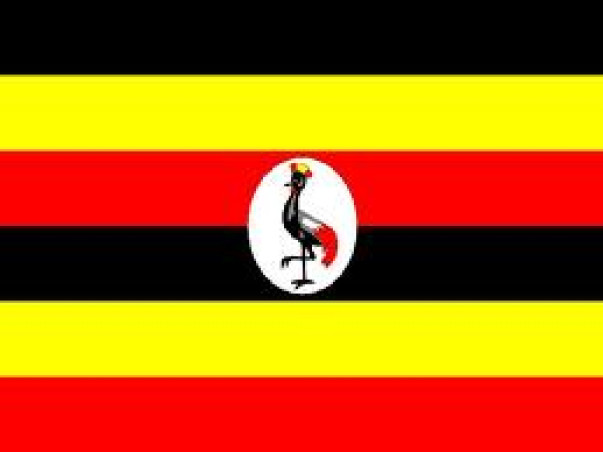Uganda: New Credit Reference Bureau Enters Uganda

A new credit reference bureau has launched in Uganda and promised to turn around the face of money transfer services in the country.
Metropol Corporation (Kenya) Limited, which last week received an operating license from Bank of Uganda, projects that it will help more Ugandans have access to financial services by using mobile money.
Sam Omukoko, the company's managing director, said in a press statement that "although mobile money is majorly utilized as a money transmission system, Metropol Credit Reference Bureau (Uganda) will complement the efforts of applying it to develop it as a financial service with saving, business and credit access structures."
Statistics from the 2013/14 ministry of finance report note that 18.5 million people (about 53 per cent of the population) are registered on mobile money services offered by the four telecom companies.
"We will initially reach out to commercial banks, microfinance institutions, mobile phone companies, utility services providers, pension schemes, Saccos, business associations and other providers of services and goods on credit to create general awareness of the benefits of our proposed services and products," Omukoko says in a press statement.
The credit information and debt management company with operations in Kenya and the region comes three years after government liberalized the credit reference industry as it seeks to deepen the collection of information on how people borrow and repay their debt.
Since Compuscan launched the first credit reference bureau services in the country in 2008, there has been an increase in the uptake of credit as risks of default gradually reduce.
Recently, Compuscan analysed its statistics and determined that there has been a dramatic improvement in the overall state of credit in Uganda. While consumers are demanding for more credit, so too are lenders responding by making credit more available.
Since the first quarter of 2012, there has been a 51 per cent increase in the number of loans issued in Uganda, according to Compuscan, with the majority of the growth being fuelled by microfinance deposit-taking institutions and commercial banks.
According to Omukoko, Metropol Corporation Uganda was first established following initial approval 'in principle' by BOU in March this year.
"So far, this new outfit has been busy establishing necessary databases and collating information from banks and microfinance institutions in order to develop much-needed tools for the prompt electronic production of credit reports," says Omukoko.
"This growth into the nascent Uganda market represents Metropol Corp's continued commitment to keep on contributing to the development of the financial sector in East Africa and beyond."
Uganda is faced with stiff challenges, especially the limited access to financial services. Only 5.5 million people hold bank accounts in institutions that BOU supervises.
Many of these utilise the bank as a saving avenue as opposed to credit services. The few who utilise the credit services are hard-pressed by the high interest rates.
Uganda's interest rate on credit, at an average of 25 per cent per annum, are said to be one of the highest in sub-Saharan Africa. High interest rates are majorly attributed to non-performing loan risks.
In the late 1990s, Uganda's financial system was grossly hit by mass credit defaults. This led to the closure of three prominent banks - Greenland, Cooperative, and International Credit. The closures created a banking crisis that saw the banking sector introduce regulatory and policy reforms to revive the sector.
The Financial Institutions (Credit Reference Bureaux) Regulation 2005 is one of the policies aimed at addressing the gaps that banks faced in accessing the risk profiles of borrowers.
Unfortunately, financial institutions in Uganda still grapple with defaulters. "This problem can be overcome. Our experience in Kenya where we provide credit reference bureau services proves that credit reference bureaus help stabilize the financial sector by assisting banks to determine credit-worthiness," Omukoko said.
Source:The observer
 Africas leading resource for digital financial services
Africas leading resource for digital financial services


comments